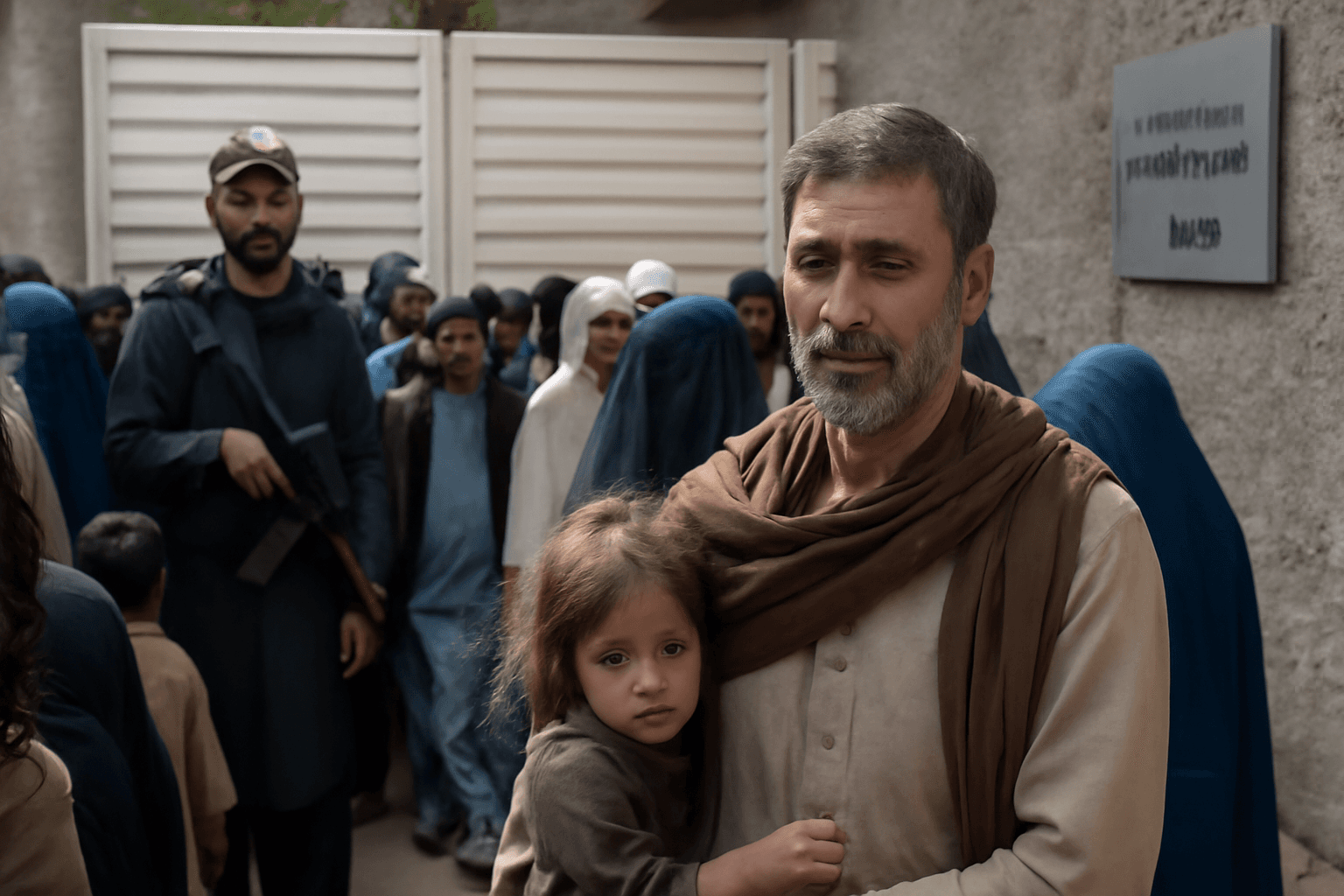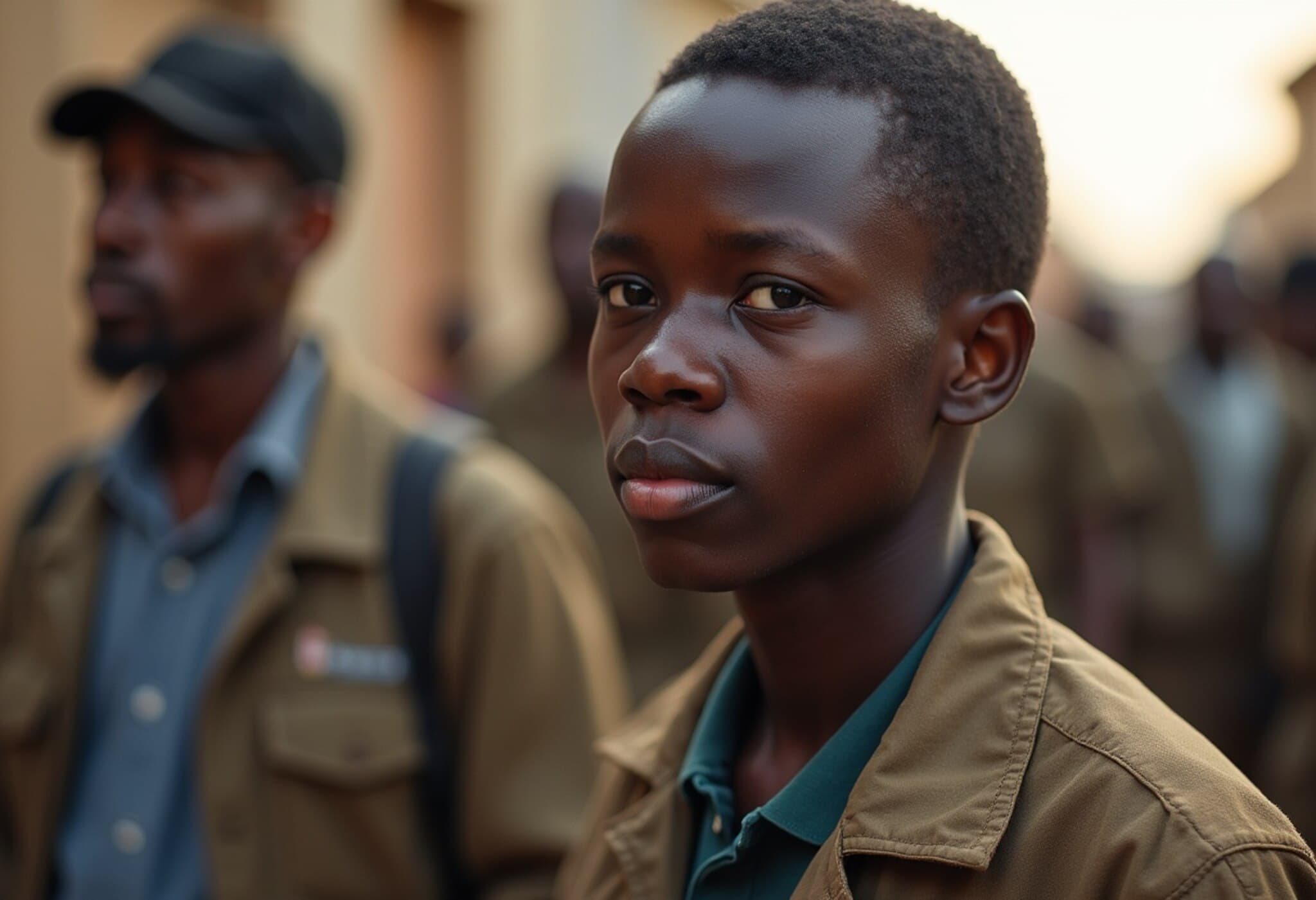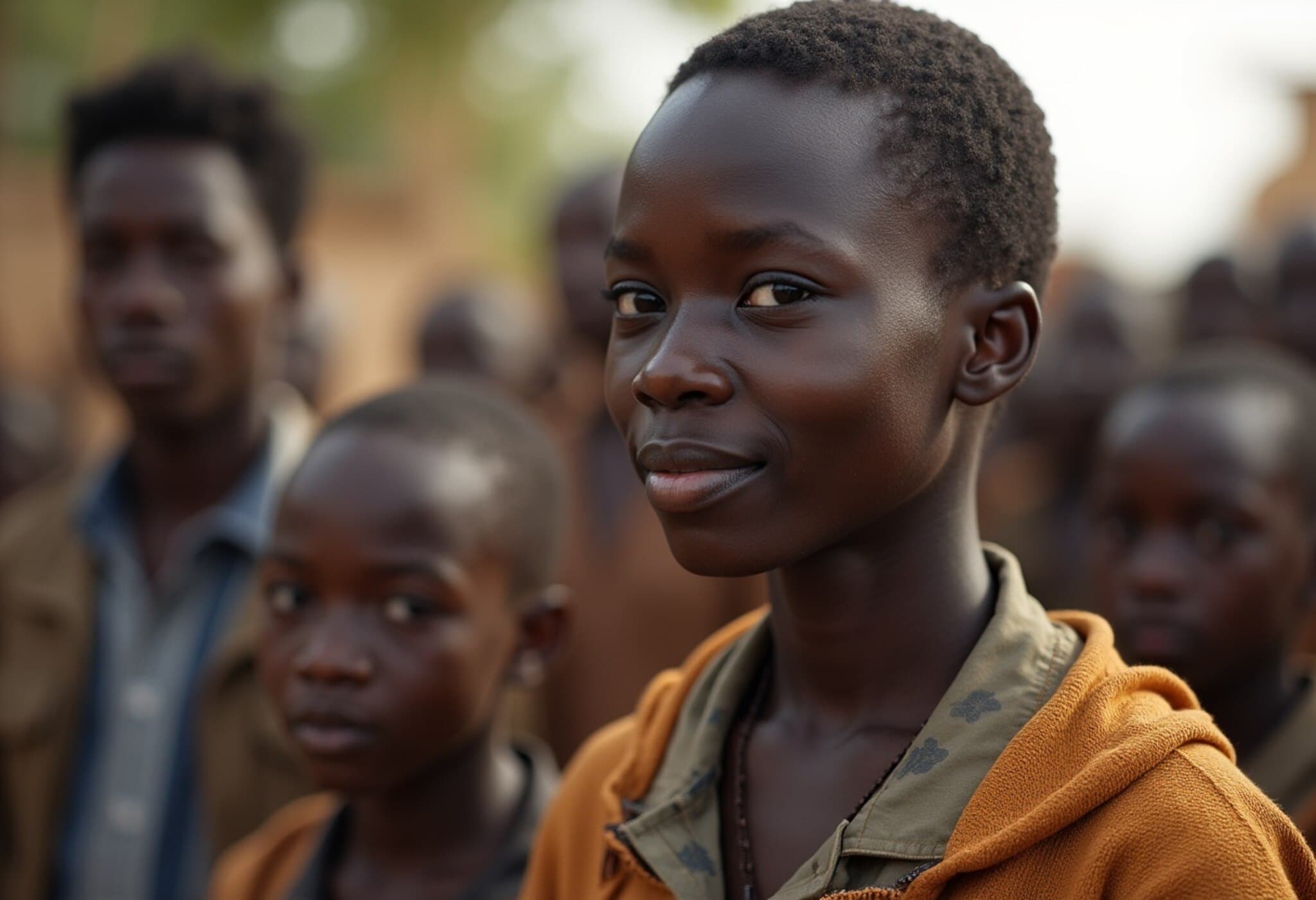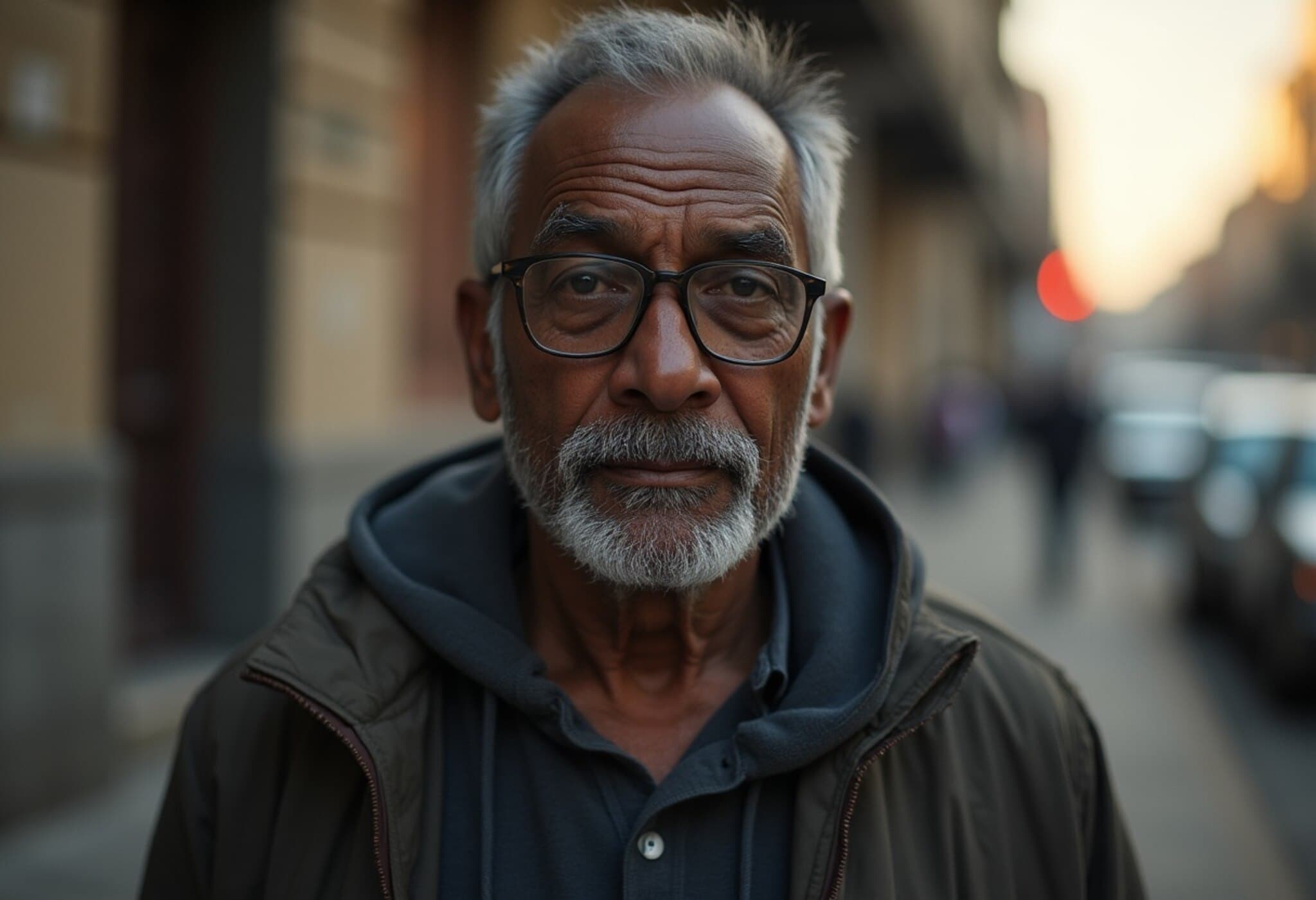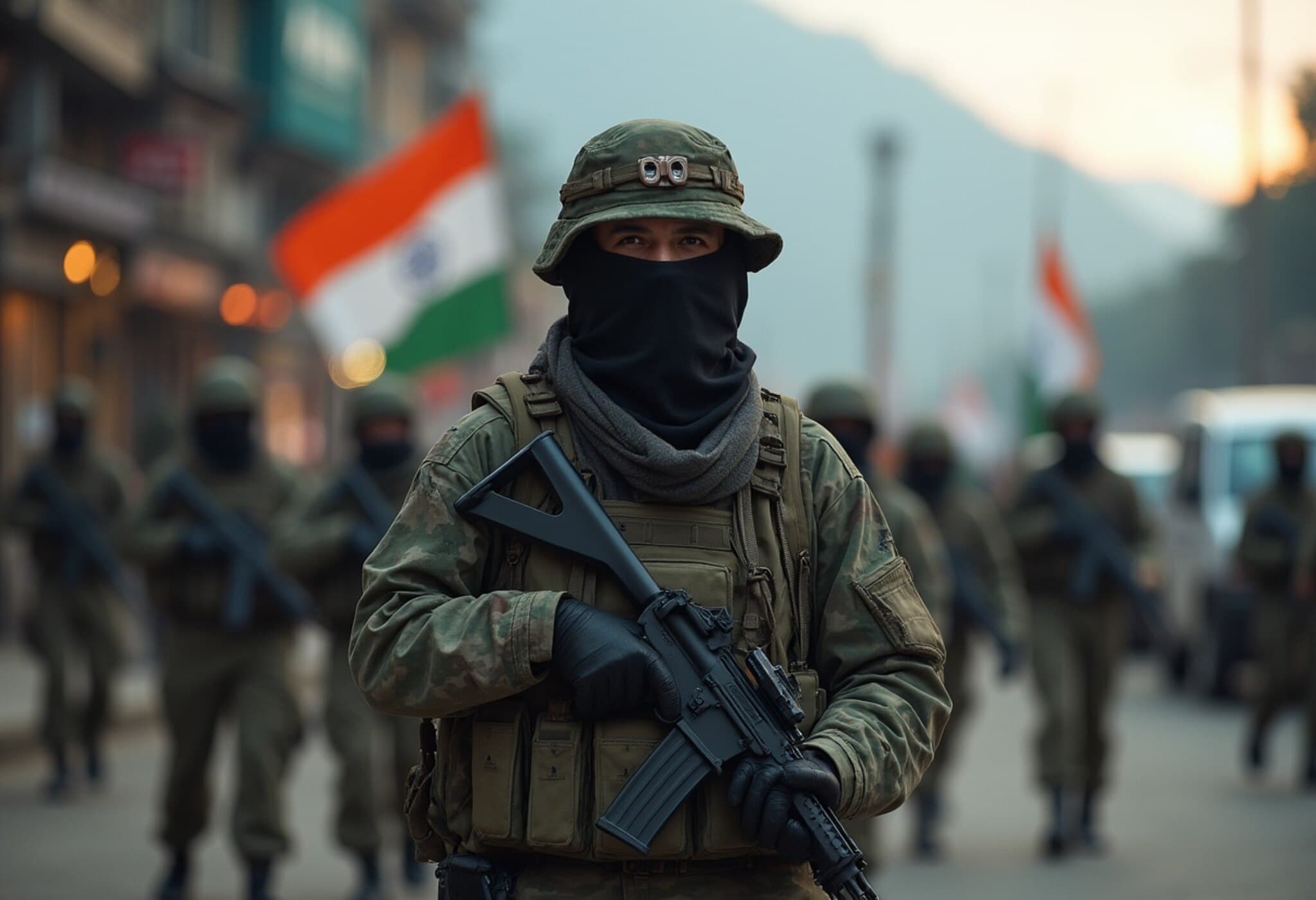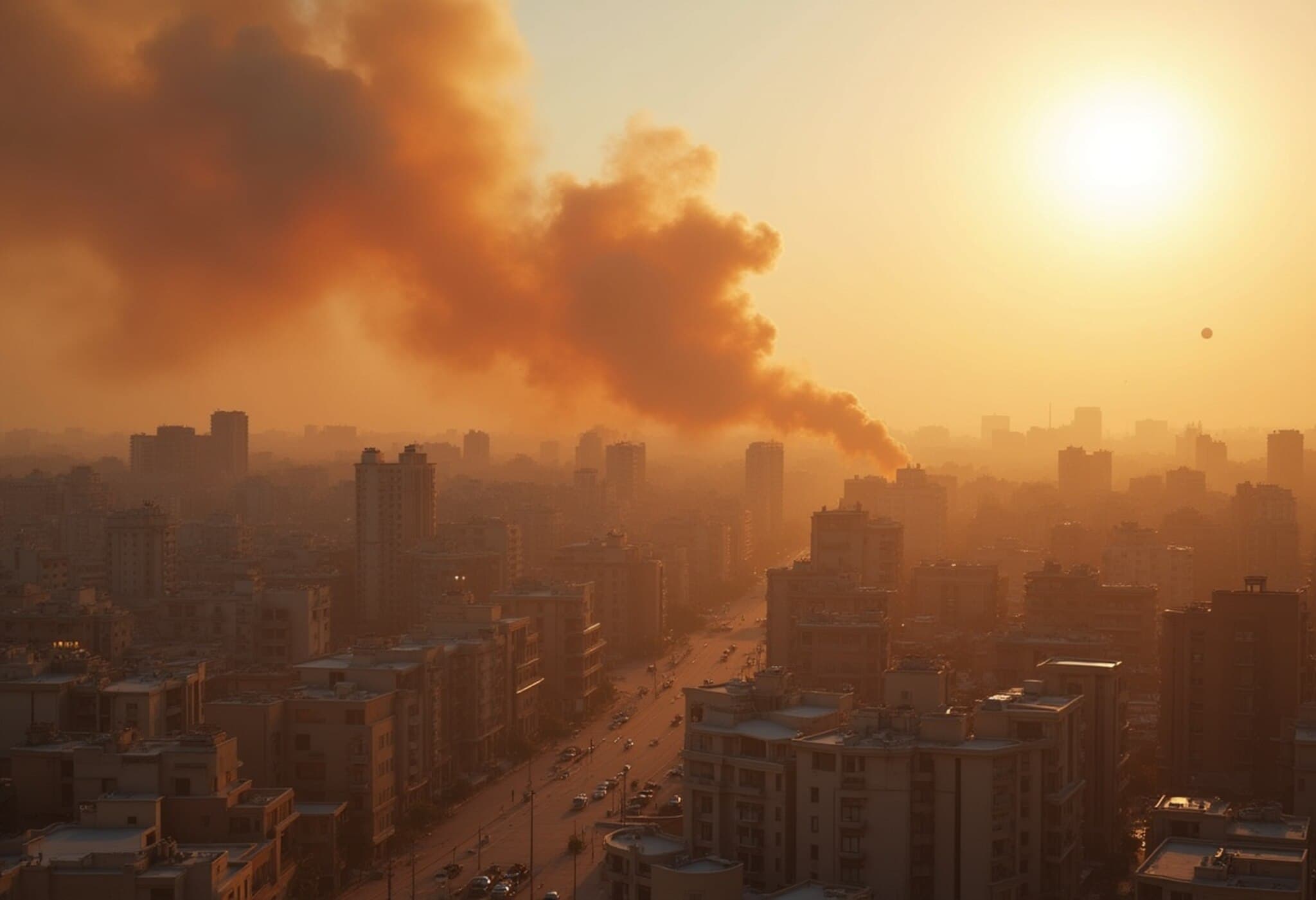Eswatini Pushes Back Against US Deportation Policy
In an unexpected diplomatic friction, the Kingdom of Eswatini has voiced strong objections over the arrival of migrants deported from the United States. These migrants, reportedly arriving on a specialized deportation flight, are currently detained in isolated prison cells amid widespread anxiety across the small Southern African nation.
Arrival Sparks National Concern
The government confirmed the migrants’ detention, acknowledging significant public concern regarding their presence. This development has stirred a potent debate about Eswatini’s role in the evolving US immigration enforcement strategy, which has increasingly sought to relocate undocumented migrants to so-called "safe third countries."
Eswatini’s acting government spokesperson explained that the arrival followed months of high-level negotiations between the US and Eswatini authorities. However, the decision has been met with sharp criticism from various local groups and opposition parties.
US Department of Homeland Security’s Position
A spokeswoman for the US Department of Homeland Security, Tricia McLaughlin, defended the strategy, stating the flight transported individuals "so uniquely barbaric that their home countries refused to take them back." Such language has been met with skepticism and concern among human rights experts and regional analysts, who question the legal and ethical dimensions of shifting migrants to third countries without robust protections.
A Broader Pattern of US Pressure on African Nations
This incident is part of a growing pattern whereby the US administration pressures African nations to accept deportees. Reports cite countries like Nigeria as having faced similar requests, some involving migrants originating from countries as distant as Venezuela. Nigerian Foreign Minister Yusuf Tuggar highlighted the intensity of this pressure, noting detainees—some freshly released from US prisons—are being redirected to Africa under tight timelines.
A leaked memo from a senior Trump-era official suggested immigration authorities might give affected countries as little as six hours' notice before deportations, complicating these nations' ability to respond adequately.
Public Outcry in Eswatini
Within Eswatini, this policy has triggered widespread alarm. The opposition party PUDEMO has strongly condemned the arrangement, stating it threatens to destabilize vulnerable communities already grappling with significant social challenges.
- High unemployment and strained public services dominate the socio-economic landscape.
- Eswatini faces one of the world’s highest HIV/AIDS prevalence rates, adding layers of vulnerability.
- Public opinion sees the country as being turned into a "dumping ground" for migrants deemed undesirable elsewhere.
PUDEMO’s statement underscores a broader sentiment of frustration and mistrust toward foreign policies that seemingly marginalize smaller nations' sovereignty and security.
Understanding Eswatini's Geopolitical Context
Eswatini, formerly Swaziland, is a small, landlocked monarchy nestled between South Africa and Mozambique. Despite advances in education and healthcare, its economy heavily relies on agriculture and regional trade, making it especially sensitive to social unrest.
The country’s limited resources and capacity to absorb new populations highlight the tug-of-war between humanitarian considerations and national security concerns.
Expert Insights and Regional Implications
From an American policy analyst viewpoint, the US government's pivot toward using African countries as "safe third countries" raises complex questions about international law, bilateral relations, and human rights standards. It sparks debate on whether this strategy effectively addresses immigration challenges or merely shifts them geographically without resolving underlying issues.
Legal experts emphasize that deportations should comply with established asylum protections and non-refoulement principles, ensuring individuals are not forced back to zones where they risk persecution or harm.
For Eswatini and similar nations, this situation may strain diplomatic ties with the US and prompt internal discourse on how global immigration policies impact smaller states disproportionately.
Looking Ahead: Questions for Policymakers and Stakeholders
- How can African countries safeguard their sovereignty while engaging with powerful nations on complex immigration agreements?
- What frameworks can ensure deported migrants receive fair treatment and protections under international law?
- How might such policies affect regional stability in Southern Africa, where economic and health challenges are already significant?
Editor's Note
The unexpected arrival of US-deported migrants in Eswatini reveals a hidden layer of the global migration crisis and the geopolitical maneuvering it invokes. This evolving story underscores the importance of transparent, ethical immigration policies that balance national interests with human dignity. As this situation unfolds, it invites scrutiny and dialogue about accountability, international cooperation, and the real-world impacts felt by small nations often overlooked in global policy debates.



